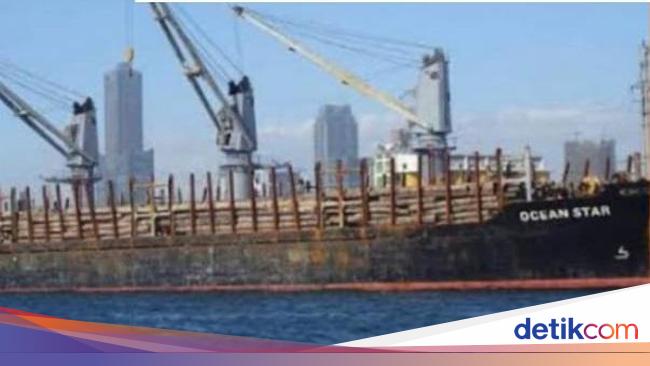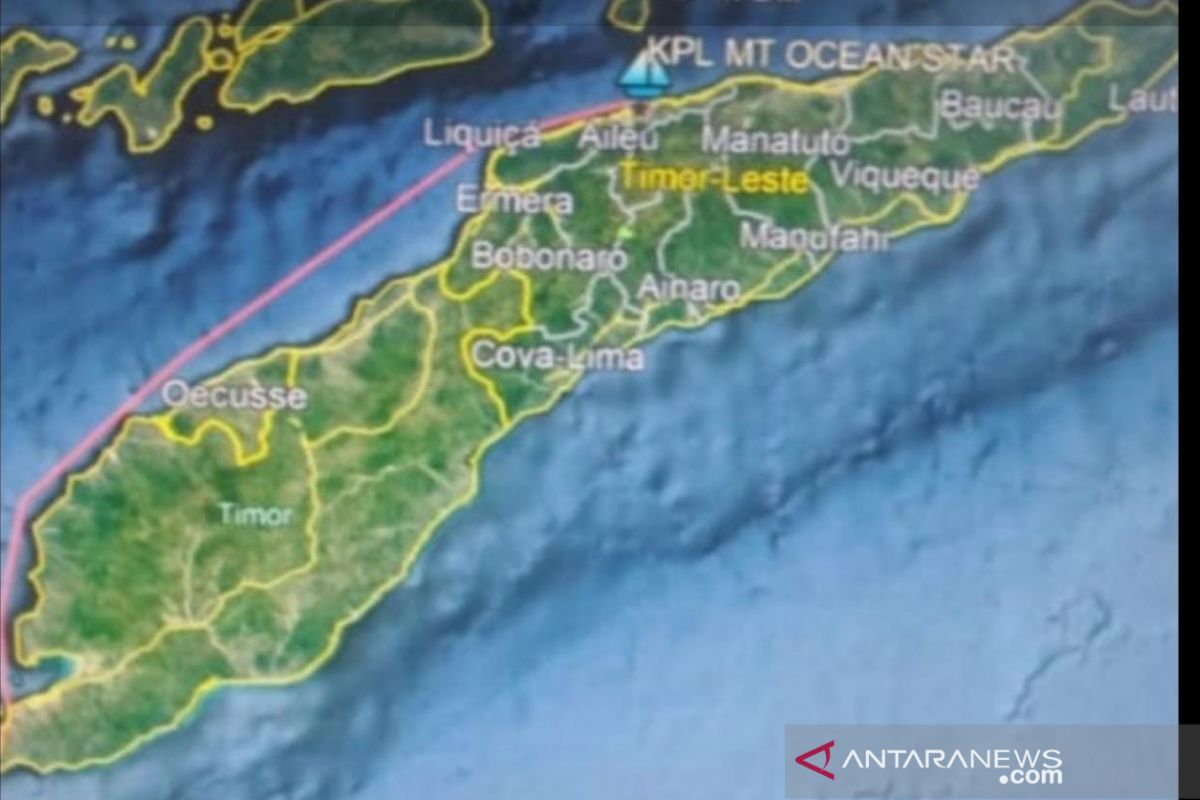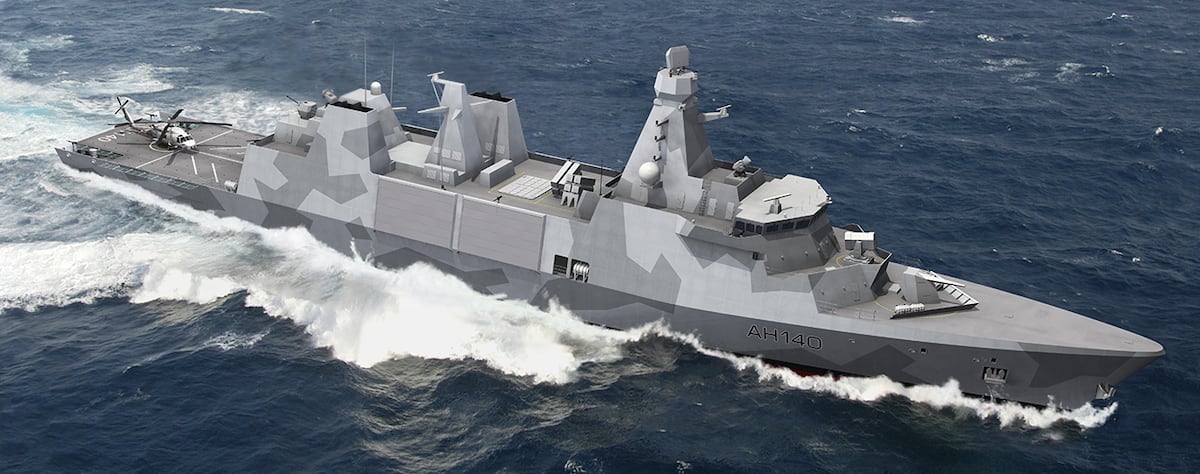From a European perspective the process is not that astounding to me. It works virtually identically in Greece for example, but also - on a smaller scale - some Eastern European countries are not dissimilar in such processes.Indonesia's procurement process leaves me baffled. Often they see to come up with an announcement that such and such ship or aircraft is about to be acquired and then nothing.
However they're not unique in that either, we have similar stories over time in Germany for example - i'm thinking of e.g. the 70 small hovercraft that the Bundeswehr wanted to buy in 2005, which in various forms with announcements went on for nearly ten years before everyone agreed that hovercraft don't make sense at all for the purposes stated, the numbers stated are completely arbitrary, the army is dissolving the units slated to use them while the navy never was interested despite original announcements, there's no company building any such vehicle especially within the constraints set out, and it's a continuous money sink....
For Indonesia I'd presume it to be a trade-off game between different ministries and their priorities, changing government policies, a quick-win-based publicity strategy, influence of lobbying agents, and of course a little power game between military and other security agencies including their subcomponents competing for budget, approval and prestige to be won on a more adhoc short-term cycle.
It is somewhat interesting that this cycle exists in such a form in light of the fact that compared to other countries Indonesia nominally has very long-term strategic procurement plans though - with the one just announced recently spanning to the mid 2040s and even giving a pricetag for that period.










